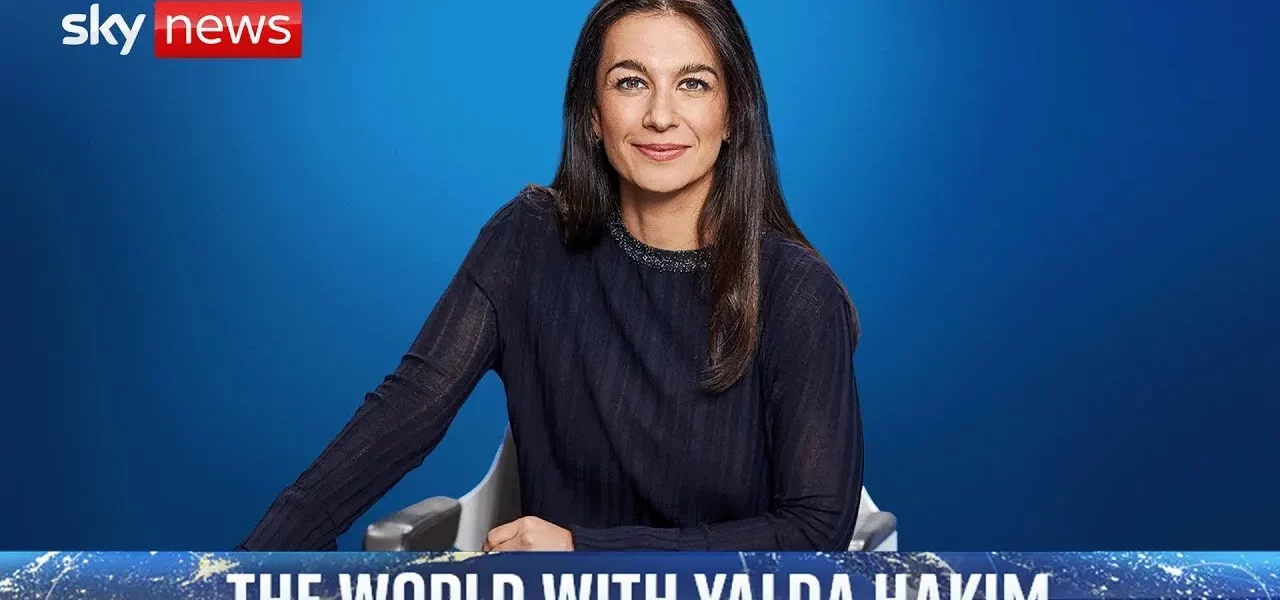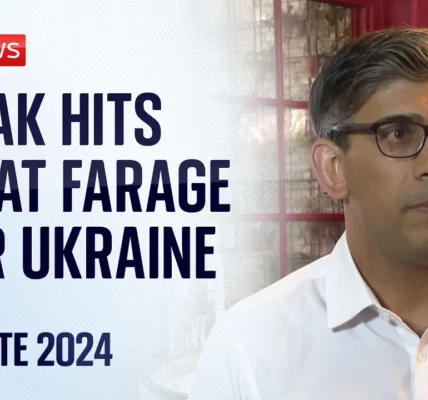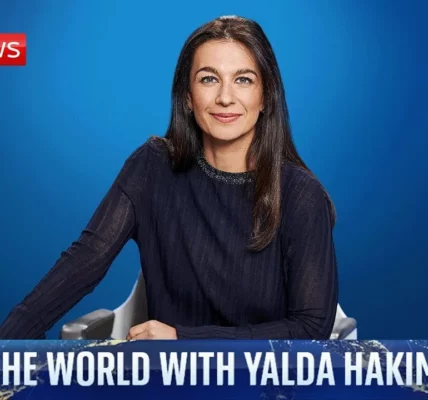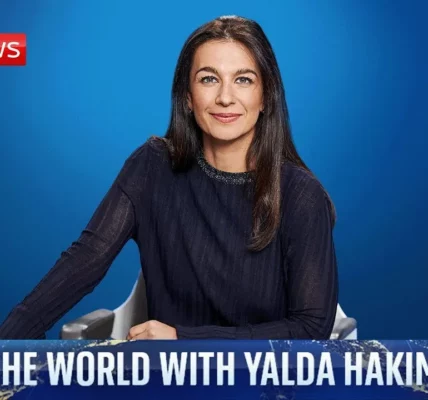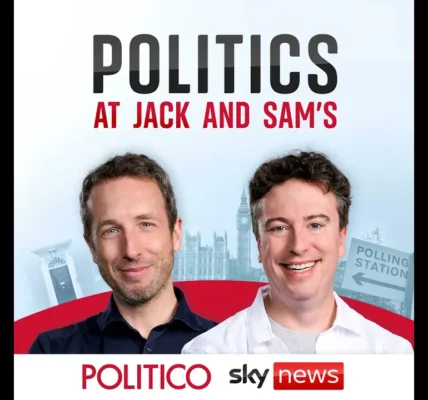The Trials of Evan Gershkovich and Julian Assange: A Deep Dive into Press Freedom

Tonight, we explore the contrasting cases of Evan Gershkovich, a Wall Street journalist accused of espionage in Russia, and Julian Assange, the founder of WikiLeaks, who has just walked free after a protracted legal battle. This article delves into the implications of these cases for the future of press freedom and the role of journalists in a complex geopolitical landscape.
Introduction
In a world where journalism often intersects with politics and national security, the cases of Evan Gershkovich and Julian Assange bring the issue of press freedom to the forefront. While Gershkovich faces serious espionage charges in Russia, Assange has recently concluded a lengthy fight against extradition to the United States. Both cases reflect the precarious position of journalists in today’s global environment, where their work can lead to imprisonment or political leverage. This article seeks to unravel the complexities surrounding these two high-profile cases and assess their impact on the future of journalism.
The Case of Evan Gershkovich
Evan Gershkovich, a journalist for the Wall Street Journal, has been accused by the Kremlin of spying for the CIA. His trial commenced under severe secrecy, raising concerns about the fairness of the proceedings.
Background of the Case
Gershkovich was arrested in March 2022 while allegedly collecting secret information about a Russian tank factory. The lack of transparency in his trial, which is being held behind closed doors, is alarming. The Russian government claims he was caught red-handed, though it has not provided any evidence to substantiate these claims.
Implications for Press Freedom
- The secretive nature of the trial has led to accusations that it serves as a tool for the Kremlin to intimidate journalists.
- Washington has condemned the Kremlin’s actions, characterizing the detention of Gershkovich as a tactic to hold Americans as bargaining chips.
- The ongoing case could set a dangerous precedent for journalists operating in hostile environments.
Responses from the Journalism Community
Many journalists and organizations have rallied behind Gershkovich, arguing that his work as a journalist should not be criminalized. Local journalist Vladislav, who knew Gershkovich prior to his arrest, expressed disbelief at the spying allegations, emphasizing the importance of journalistic freedom in Russia.
Julian Assange: A Long Road to Freedom
In stark contrast to Gershkovich’s plight, Julian Assange has recently been released after a 14-year legal battle, which culminated in a guilty plea to espionage charges. His case has sparked a global conversation about the rights of journalists and the ethical implications of leaking classified information.
Overview of Assange’s Legal Struggles
Assange’s journey began with the publication of classified US military documents by WikiLeaks, which revealed controversial military operations in Iraq and Afghanistan. His subsequent indictment by the US government led to a protracted legal battle, culminating in a plea deal that allowed him to return to Australia.
Public and Political Reactions
- Supporters view Assange’s release as a victory for press freedom, arguing that his case highlights the dangers faced by journalists.
- Critics, however, label him a reckless anarchist, contending that his actions endangered lives.
- The debate surrounding Assange’s actions continues to polarize public opinion, emphasizing the complexities of journalistic ethics.
Broader Implications for Journalism
Assange’s case raises critical questions about the protection of journalists who publish sensitive information. The International Federation of Journalists has pointed out that the charges against Assange could set a perilous precedent for the future of press freedom globally.
AI and Its Potential Threats
As we navigate these complex cases, the conversation also shifts to the role of technology, particularly artificial intelligence (AI), in shaping the future landscape. Bill Gates, one of the most influential figures in technology, shared his thoughts on AI’s potential risks and benefits.
Bill Gates’ Perspective on AI
During a recent interview, Gates emphasized the importance of ensuring that AI is used responsibly. He warned against the potential misuse of AI in cyber attacks or political interference, stating that it is essential to ensure that “good guys” stay ahead in detecting and preventing malicious uses.
The Need for Regulation
As AI technology advances, Gates advocates for the establishment of regulatory frameworks to prevent abuse while promoting innovation. He highlights the importance of balancing the benefits of AI in fields like healthcare and education against the risks associated with its misuse.
Current Events: The Situation in Bolivia
As we reflect on the state of press freedom, we must also consider current events impacting democracy globally. Recent developments in Bolivia have raised concerns about a possible coup, with the president warning of irregular military deployments in the capital, La Paz.
Background on the Crisis
Witnesses reported seeing military tanks and troops in significant numbers near government buildings, leading to fears of a coup d’état reminiscent of past political upheavals in Bolivia. The situation remains fluid, with the international community closely monitoring developments.
Conclusion
The contrasting cases of Evan Gershkovich and Julian Assange shed light on the precarious state of press freedom in today’s world. While Gershkovich’s ongoing trial raises alarms about the treatment of journalists in authoritarian regimes, Assange’s release offers a glimmer of hope for advocates of press freedom. As we navigate these complex issues, it is vital to remain vigilant and support efforts to protect the rights of journalists globally.
We encourage you to stay informed and engaged in discussions about press freedom and the role of journalists in society. For further reading on related topics, check out our articles on Press Freedom Initiatives and Digital Rights in Journalism.
“`
